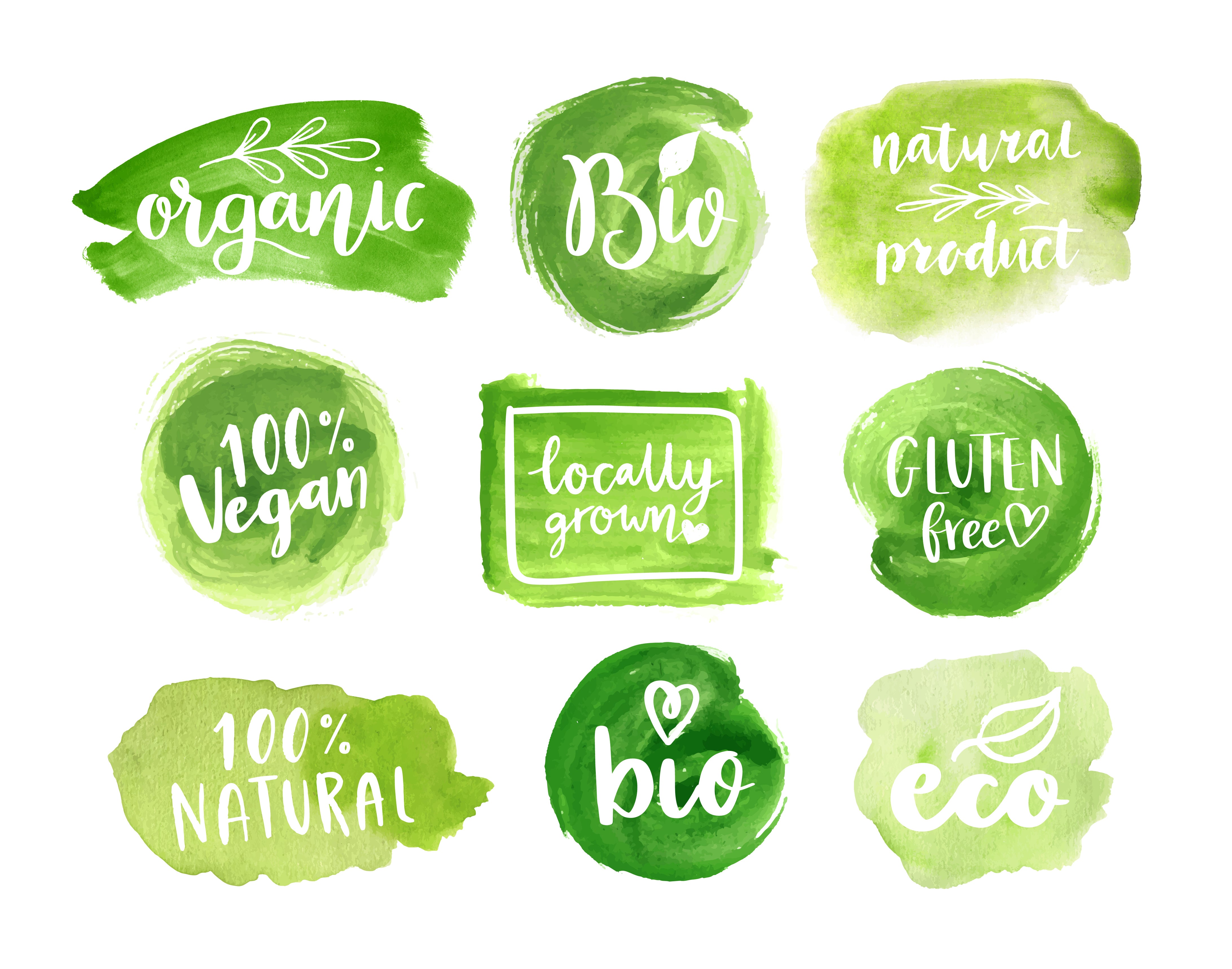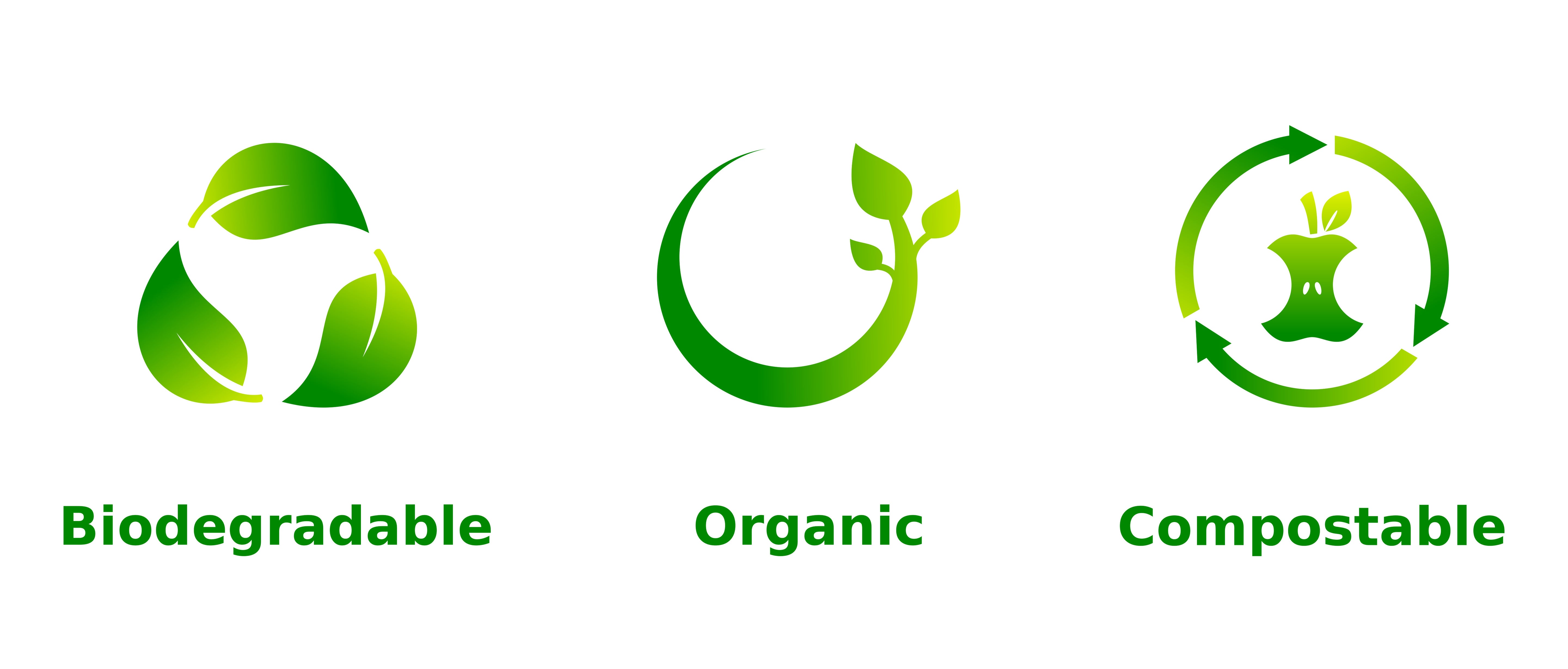
Sustainable food and farming practices: What is the difference between Bio, Organic and Eco?
With more than 1 billion employed people and 1.3 billion worth of food annually, the agriculture industry is the biggest worldwide. Cropland covers around 50% of the Earth’s habitable land. The downside of the modern techniques of this industry is that it immensely contributes to global challenges such as climate change, deforestation and soil erosion. Due to usage of chemicals, fertilisers, pesticides and the application of mono-cultural production, agriculture can heavily harm our environment. To reduce the drastic impact of agricultural practices, sustainable agriculture should be implemented – but what does it mean?
Sustainable agriculture
Sustainable agriculture aims to protect the environment in terms of maintaining and improving the occurrence of natural resources. Furthermore, it seeks to enhance profitable farm income, the quality of life for farming families and increasing the production for human food and food security worldwide. Sustainable agriculture supports, amongst others, crop rotation, permaculture, agroforestry, and multiple cropping.
As sustainability, also in the food sector, became increasingly important, new product labels entered the market, such as “eco”, “bio” and “organic” – but what is the difference?
Bio or Eco
Bio or Eco refers to products that were produced according to the European law – so it is a label that is only used in Europe. This includes the prohibition of using chemical, pesticides or fertilisers during agricultural processes, as well as gene modification. Therefore, the ecolabel is the strictest one on the market. Moreover, it needs to be ensured that no ecosystems are being destroyed, that endangered systems are being preserved and that the environmental impact is as low as possible. Moreover, law requires products to be based on organic farming procedures as well as consisting of at least 95% of natural resources.
Organic
Organic means that the food is free of chemicals, fertilisers, and pesticides, but it does not necessarily exclude genetical modification. Even though most products do not use modification, the term organic is mainly used in the US or Canada where unfortunately genetic modification is not strictly monitored. Nevertheless, such processes promote ecological balance and conserve biodiversity. Irradiation, industrial solvents, or synthetic food additives are usually not processed in organic products. An organic certification is used to state that the product was produced with as little impact on the environment as possible. In fact, to get such label, the product must contain at least 95% of natural ingredients. Generally, this label is close to the European eco-label.







Leave a comment
This site is protected by hCaptcha and the hCaptcha Privacy Policy and Terms of Service apply.